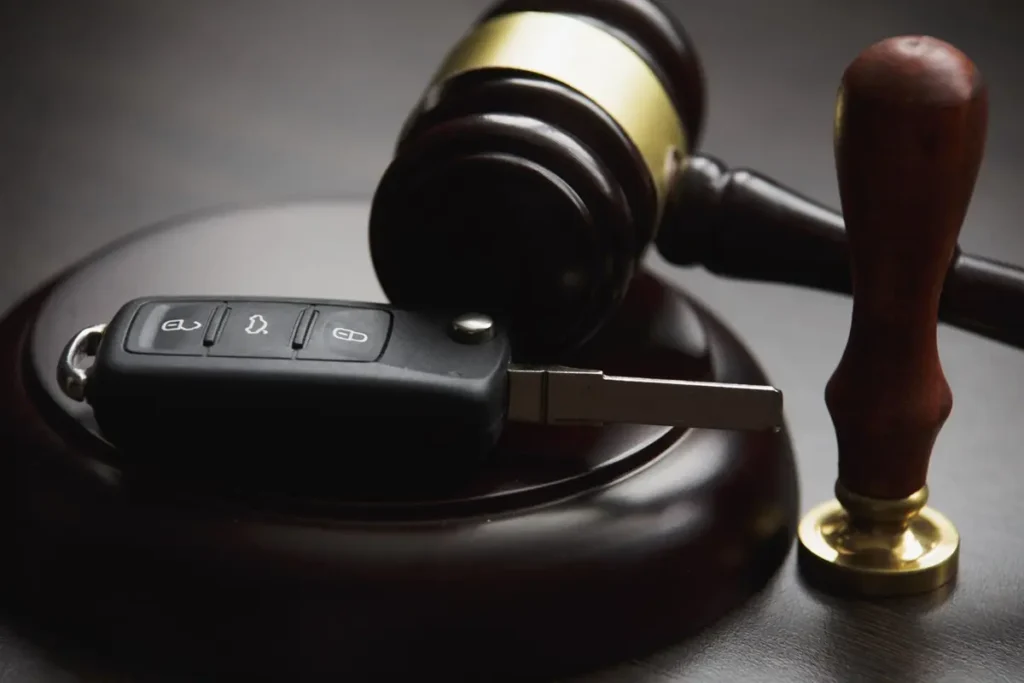Understanding DWI Charges in Texas
DWI charges in Texas can have serious implications, affecting both your criminal record and personal life. Understanding the nuances of these charges is crucial for anyone facing legal issues related to driving while intoxicated.
In Texas, a DWI charge can lead to penalties such as fines, license suspension, and even jail time. It's important to know that the severity of the penalties often depends on factors such as prior offenses, blood alcohol concentration (BAC) levels, and whether there were any aggravating circumstances, like having a minor in the vehicle.
The Process of Expunging DWI Records
Expunging a DWI record can provide individuals with a fresh start, allowing them to move forward without the stigma of a criminal charge. This legal process involves several steps and specific eligibility criteria that must be met.
To qualify for expungement in Texas, a person typically must have completed their sentence, including any probation, and not have any pending charges. The process can be complex, often requiring the assistance of an attorney to navigate the necessary paperwork and court procedures effectively.
Potential Consequences of a DWI Conviction
A DWI conviction can lead to a range of consequences that extend beyond legal penalties. Individuals may face challenges in their personal and professional lives, affecting employment opportunities and insurance rates.
In addition to fines and possible jail time, a DWI conviction can result in increased auto insurance premiums and difficulties in securing employment in certain fields. Understanding these consequences can help individuals make informed decisions about their legal representation and defense strategies.
Legal Defenses Against DWI Charges
When facing DWI charges, several legal defenses may be available to challenge the prosecution's case. Understanding these defenses can be crucial for individuals seeking to mitigate the impact of such charges.
Common defenses include questioning the legality of the traffic stop, challenging the accuracy of breathalyzer tests, and demonstrating that the driver was not actually impaired. Each case is unique, and a skilled attorney can help identify the most effective defense strategy based on the specifics of the situation.

